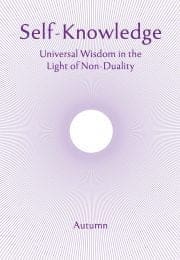Creative Peace
Love means to enjoy the eternal in the passing by creating forms of beauty and ideas of truth, to understand nature and to transform the raw and chaotic into harmony. We cannot be happy unless we understand our place in nature, and make progress in learning, virtue, and in appreciation of beauty all around. We must observe, think and act to create a new order of peace within us and in the social surroundings in which we are placed. Our progress must be simultaneous on the planes of nature, intellect and spirit. In this way, we can find happiness.
Subscribe or enrol for free guest access to read all of this article and Self-Knowledge online.
Already subscribed or enrolled? Log in:


